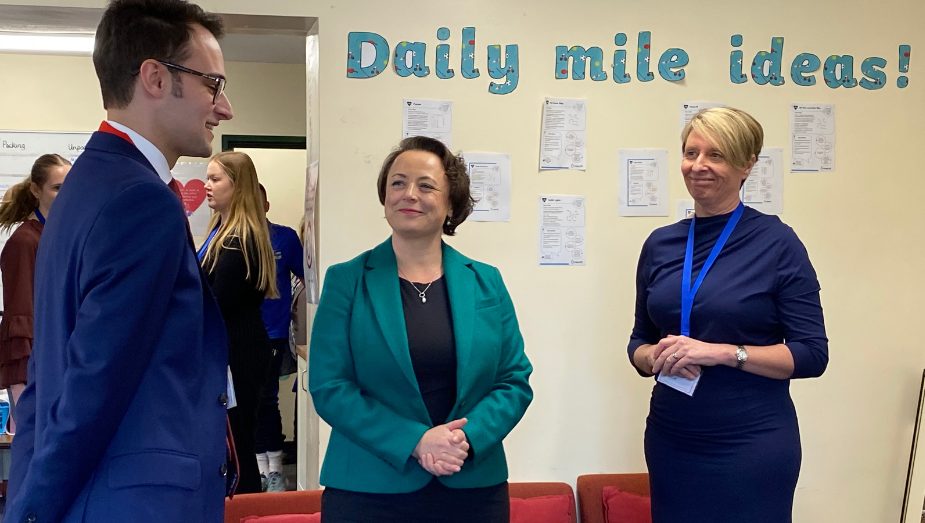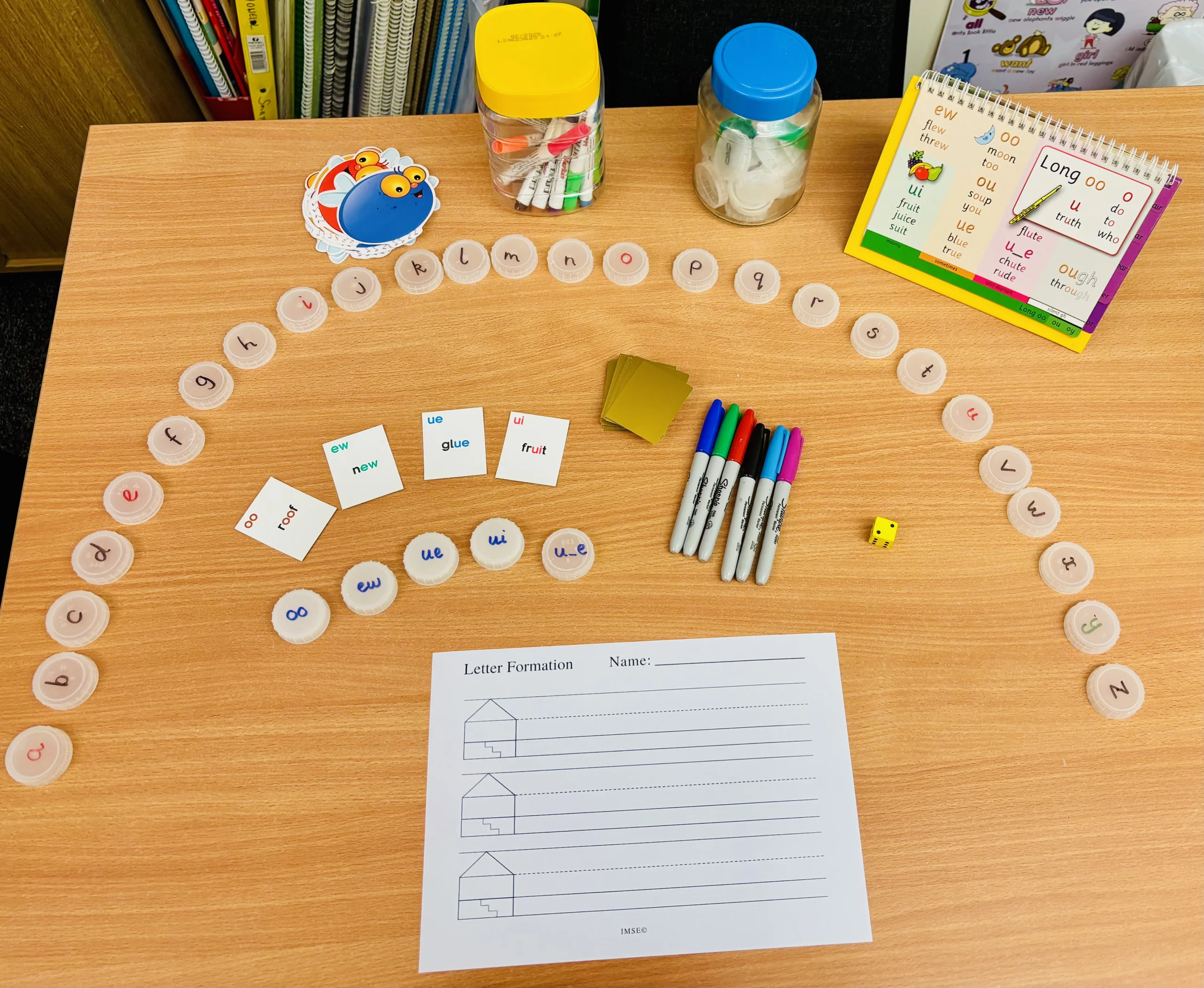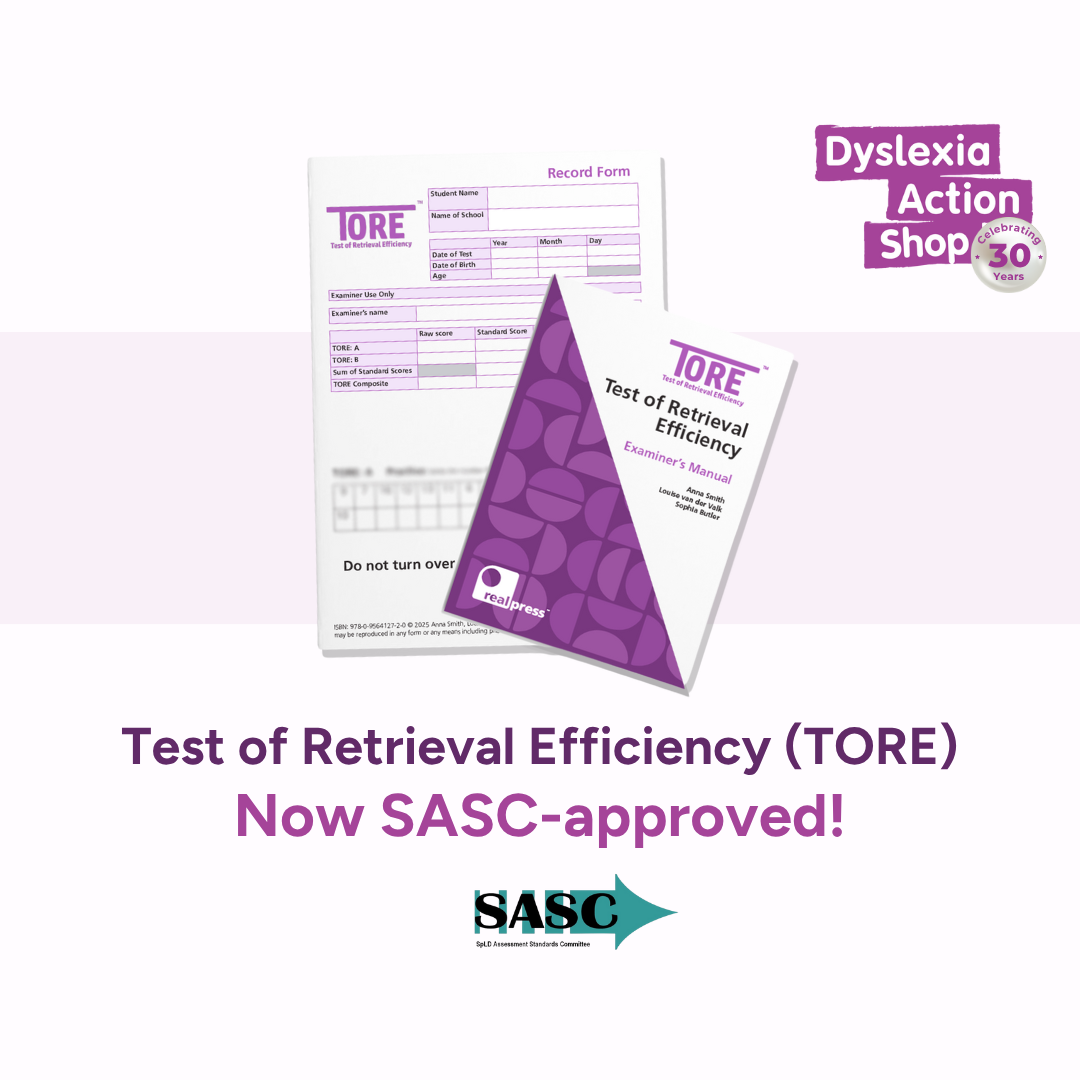Admin |
March 15, 2024
Beverley Williams is one of our delegates here at Real Training. She has had an expansive career, influencing the lives of many young people with SEN. Not only has Beverley completed multiple courses with Real Training and gained a vast amount of professional knowledge through SEN and safeguarding roles, but she was also diagnosed with Aspergers at around 50 years old.
We thought it would be useful to share Beverley’s story, not only for those delegates looking to have an impact but also for anyone on the autistic spectrum who may be looking for some advice.
Discussing Beverley’s early life, there was a common challenge that she faced almost every day – being able to build meaningful friendships and understanding how to behave in certain social situations. During her time at primary and secondary school, Beverley found herself feeling exhausted by social politics. Something she also experienced in some of her job roles in later life. She acknowledges her personal daily struggle with this and now understands this to be part of her Aspergers. Explaining how she felt after her diagnosis regarding those social challenges, Beverley said “it has been really releasing on a personal level… I don’t feel I need to explain things to other people but it explains to me why I find situations hard”. Since her diagnosis, Beverley has felt a lot more confident in building relationships, explaining that now she knows what she is going to find tricky, she can prepare herself and put certain strategies in place to help her deal with different situations.
I wanted to understand a little more about how Beverley thinks her experiences in early life influenced her approach whilst working with SEN children. She explained that she has always resisted stereotyping young people and children by their diagnosis. She explains that not everybody with the same diagnosis has the same limitations, behaviours and challenges. Her focus remains on the individual and she is highly conscious of the social isolation of SEN children, constantly working to combat this. Through her work, Beverley has noticed her ability to acknowledge each individual, recognising those who are on the edge of the social group and understanding that they may be happy there. Highlighting that this approach is strongly influenced by her experiences.
Following her own diagnosis, I wanted to know if Beverley felt her approach was influenced or changed in any way. Beverley explained the biggest alteration was a new awareness of females, acknowledging the likelihood of masking – not just Aspergers but all kinds of challenges. She feels this made her look more deeply into triggers and behaviours and spending more time getting to know each individual.
Beverley’s learning journey with Real Training has seen her complete CCET and NASENCO and the Autism Spectrum Conditions module. After gaining knowledge through her lived experiences with Autism and her varying professional pathway, Beverley continues to expand her knowledge. When asked about her time studying with us Beverley said ” My NASENCO tutor was fantastic. I explained about my Aspergers and she was really supportive. That gave me quite a lot of confidence to go onto the next course. I acknowledge that her support helped me to keep going and gave me the encouragement I needed. I never felt that she was making allowances nor do I think she was, but I did feel my tutor had an understanding of how I work best.”
I asked Beverley to provide us with some of her top tips, not only for other delegates working with SEN children but also for young autistic people, highlighting the kinds of things she wishes she knew in her younger years. Although Beverley had not yet been diagnosed while she herself was at school she now understands, through her diagnosis, why she found school hard. You can see her top tips below.
Beverley’s Top Tips for working with SEN children
- Don’t stereotype people on the Autistic Spectrum, they are as individual as everyone else.
- Provide a range of strategies to mirror the range of people.
- Give students the opportunity to work in a calm area, avoiding sensory overload. Always tailor these strategies to their individual needs and preferences.
- Look for those on the edge of the group who don’t feel they fit into any specific group.
- Focus on an individual’s interests and strengths and then build these into your learning strategies for them. In my experience, people on the Autistic Spectrum are more likely to be engaged in their learning if you encourage them to go deeper with specific interests instead of broadening their general knowledge.
- Understand, if you can, that what is important to you may be totally irrelevant to someone on the Autism Spectrum and they, therefore, may not see the point in learning about some things, which may seem trivial and pointless to them.
- It is often exhausting for children on the Autism Spectrum to comply with expectations. If they comply at home, they might not have the energy to comply at school and vice versa. Provide opportunities for the individual to restore and refresh using whatever strategies work for them- don’t make assumptions about what these are.
Beverley’s Top Tips for young autistic people in education
- It’s ok to be different, everyone is!
- You don’t have to pretend to be someone you’re not. It’s exhausting.
- Find a teacher or other member of staff you can talk to.
- Ask for a quiet area you can go to if you need to take a break from the noise or light, etc. If you feel embarrassed to ask for this perhaps you could find a ‘job’ you need to do.
- Don’t let people ‘pigeon-hole’ you or put you ‘in-a-box’ to fit their expectations.
- It’s ok to make a mistake because it’s all part of learning. Getting something wrong isn’t a failure, it simply means you have learned something new.





What do you think?